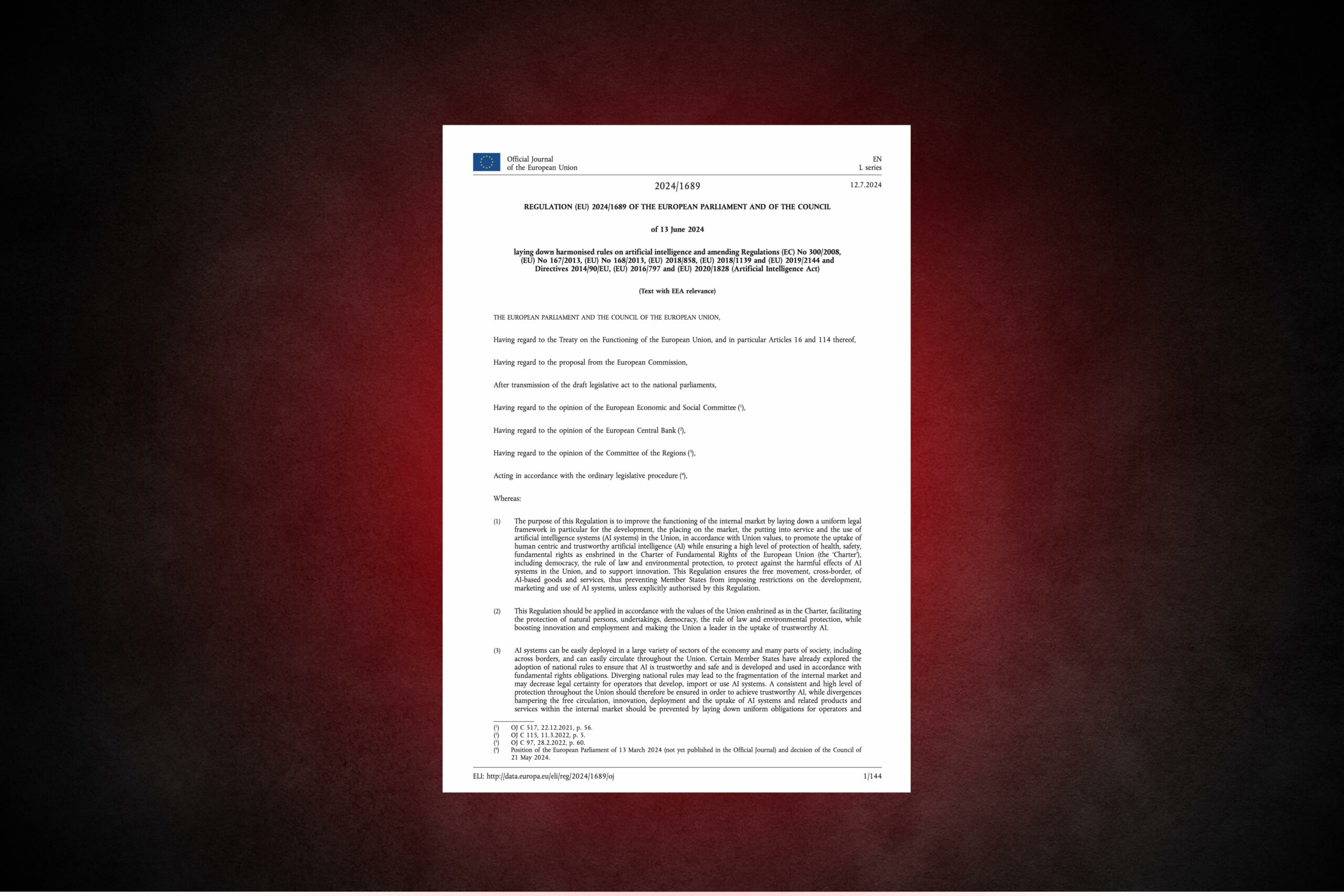In a world in which competition agencies would always rely on empirical evidence, I would be teaching the following to my students: when agencies investigate potential abuses of dominant positions, they are required to show (1) a dominant position, (2) an abuse and (3) a link (causation) between the alleged dominant position and the alleged abuse. But apparently, we don’t live in such a world.
According to Continental Can (1973), para 27, “the question of the link of causality raised by the applicants which in their opinion has to question exist between the dominant position and its abuse, is of no consequence, for the strengthening of the position of an undertaking may be an abuse and prohibited under article 86 of the treaty, regardless of the means and procedure by which it is achieved, if it has the effects mentioned above.” The Court has applied the same logic in Hoffmann-La Roche (1979), para 91, holding that “the interpretation suggested by the applicant that an abuse implies that the use of the economic power bestowed by a dominant position is the means whereby the abuse has been brought about cannot be accepted.” Differently put, it is possible for a company to abuse its dominant position without exercising or relying on market power.
Things are different, however, when the alleged abuse is taking place in a different market from the one in which the company is dominant. Here, according to Tetra Pak I (1996), para 27, “application of Article 86 presupposes a link between the dominant position and the alleged abusive conduct, which is normally not present where conduct on a market distinct from the dominated market produces effects on that distinct market. In the case of distinct, but associated, markets, as in the present case, application of Article 86 to conduct found on the associated, non-dominated, market and having effects on that associated market can only be justified by special circumstances.” This seems logical. Agencies are required to prove a link between the practice in a market in which the undertaking is not dominant and the strengthening of the dominant position in the other market, otherwise, there is not even dominance at stake to begin with.
Well, I very much believe that agencies should be required to show causality between dominance and the practice in all cases, even when practices are implemented in the market where the undertaking is dominant. Two recent decisions indeed show the need to reform the Continental Can ruling.
The first is the Bundeskartellamt’s Facebook decision (link). In this case, the German competition authority has sanctioned the company for failing to inform its users that it was collecting “an almost unlimited amount of any type of user data from third party sources” and was subsequently using this data “for numerous data processing processes.” The company’s silence, by definition, was not related to its alleged dominance. A single-employee company can be equally silent. But the Bundeskartellamt based its decision on German competition law and, as Rupprecht Podszun underlined, German law offers the same freedom as European law in presuming a link between the dominant position and the potential abuse: “German courts speak of a normative causality; it suffices that the behaviour strengthens the position of the dominant company, e.g. by raising market barrier entries.”
The second case is the recent decision issued by the French Competition Authority against Google (link). The company has been sanctioned for applying “imprecise rules” regarding the operation of its advertising platform and for changing its rules “in a discriminatory manner.” Again, the link between the dominant position and the practice is not mentioned, at least not in the press release (let’s hope for a pleasant surprise in the actual decision). One may question here whether this decision should be subject to the Tetra Pak ruling rather than Continental Can, but that’s a different subject, I guess…
I am taking these two decisions as an example because they illustrate two growing trends: (1) sanctions imposed by competition authorities, in addition to fines, may include commitments that put significant burdens on companies. I’m sure that hardly anyone will be too worried about Facebook and Google, but let’s remember that even small companies can enjoy a dominant position. One may expect that competition agencies will impose such commitments only when companies are actually abusing their dominant position (2) Competition agencies seem to be using the elusive wording of Article 102 more frequently than they did in the past (as I explained here), punishing new practices as they fall under the “any abuse” category. When agencies indeed sanction companies for “new” practices that do not fit into the usual boxes (tying, predatory pricing, margin squeeze…), they are building the law, and the law must be built on a solid and empirical basis. The numerous investigations initiated on the basis of Article 102, at European or national level, suggest that further decisions are expected. Let’s hope, here again, that causation will be proven.
In short, it is time to repeal Continental Can and require competition agencies to show a clear and precise link between dominant positions and abuses. I use the term “repeal” in an improper manner as if this case was a piece of regulation, because in fact, it confers the role of de facto regulators on competition agencies that are using it to interfere with companies’ business conduct (some would say for the best, but again, that’s a different subject). Without proving a link between the dominant position and the abuse, competition agencies are punishing contractual abuses, not abuses of dominant positions.
After all, Article 102 couldn’t be clearer: “Any abuse by one or more undertakings of a dominant position (…) shall be prohibited”: it says “of” a dominant position, not “and”.
Thibault Schrepel
@LeConcurrential
Declaration of interests: none!








